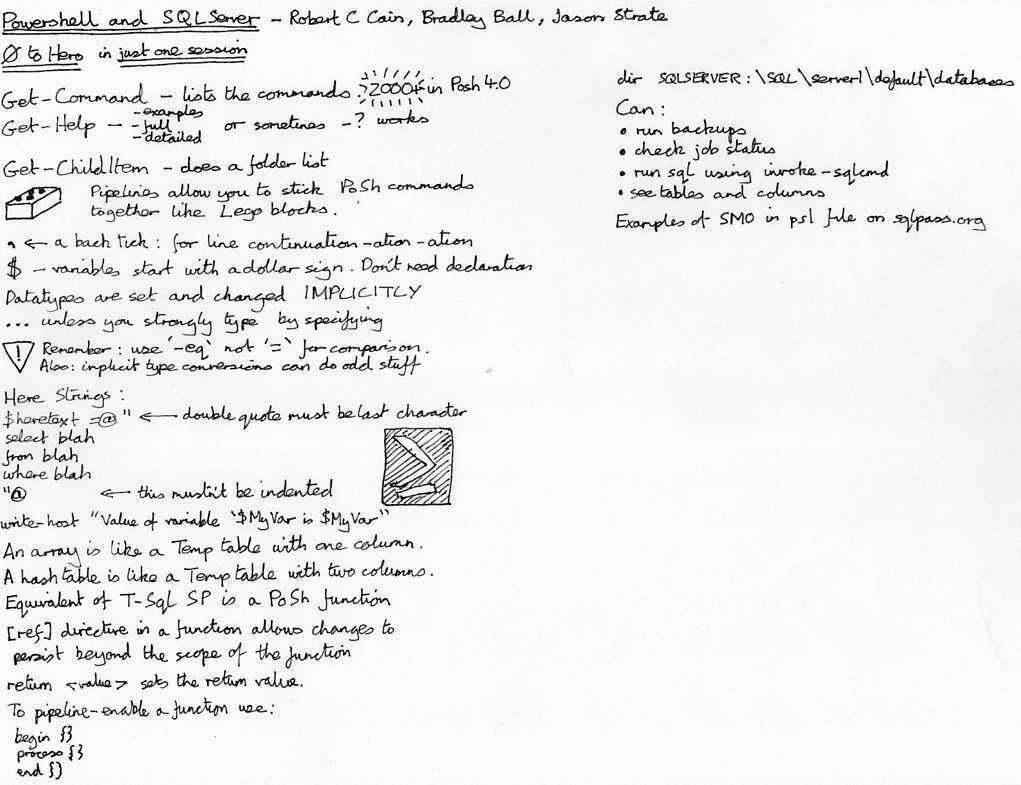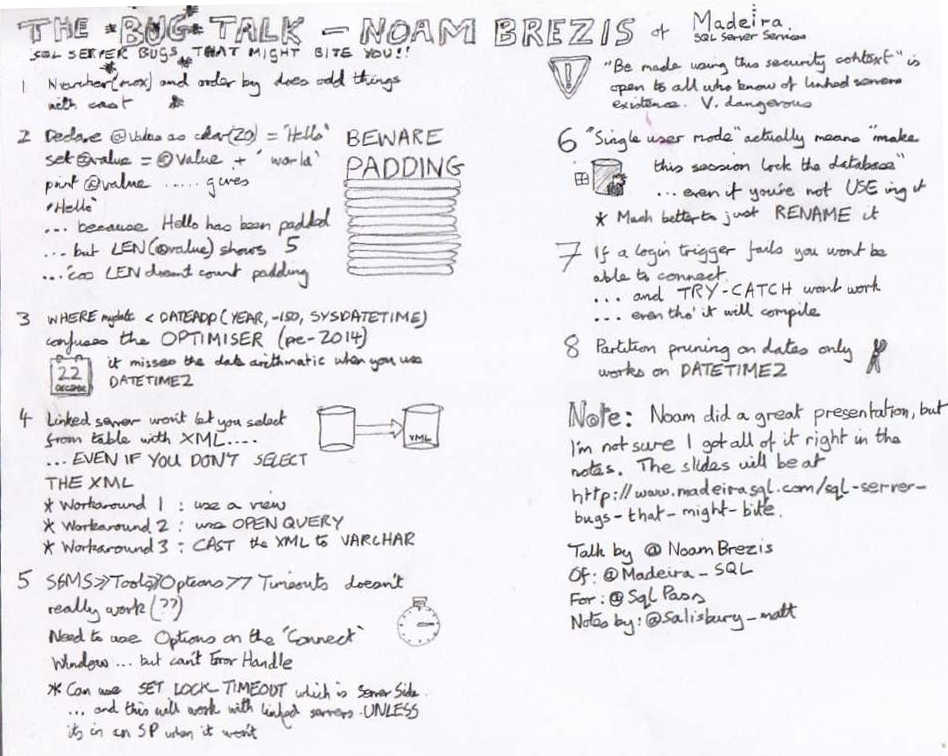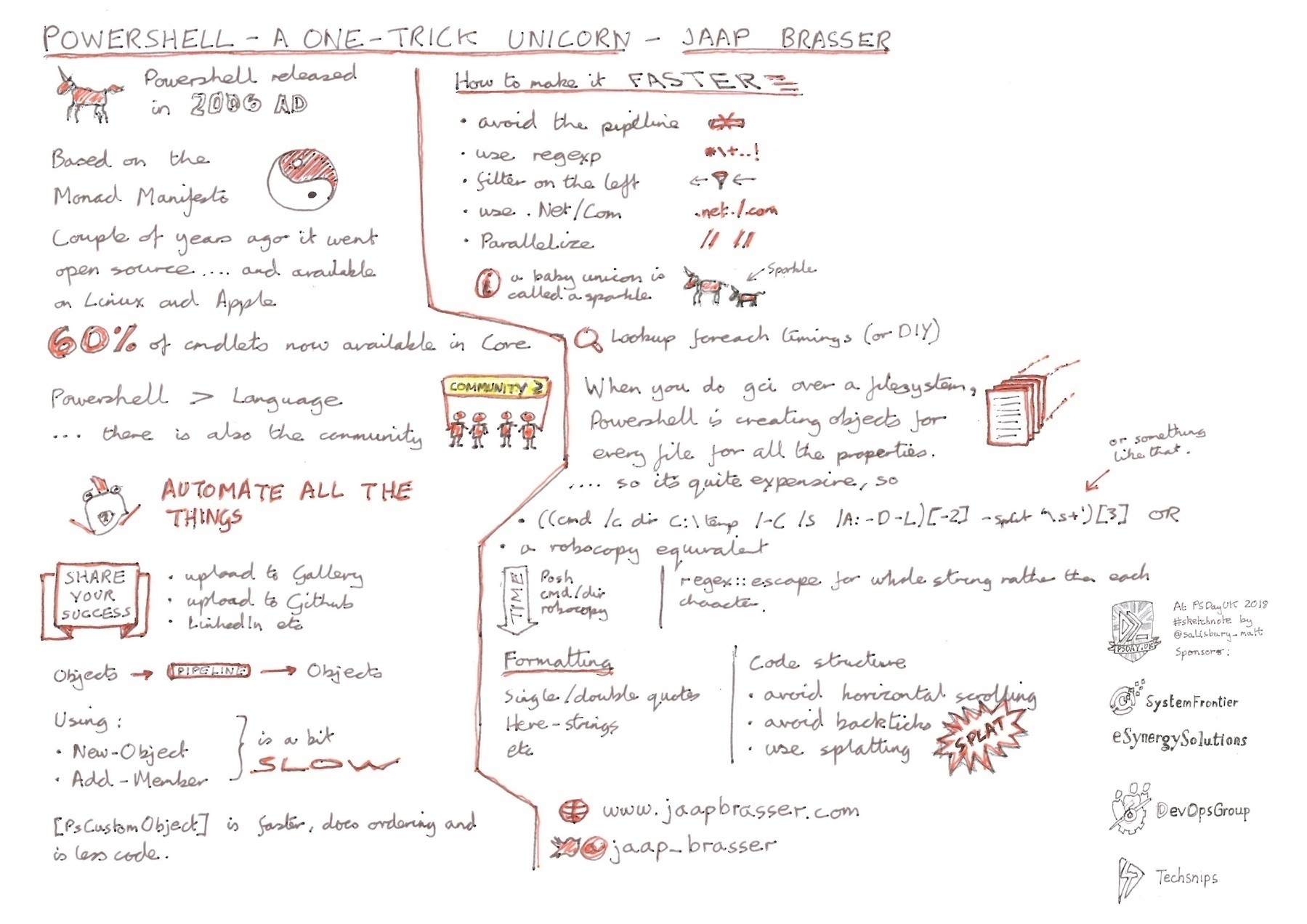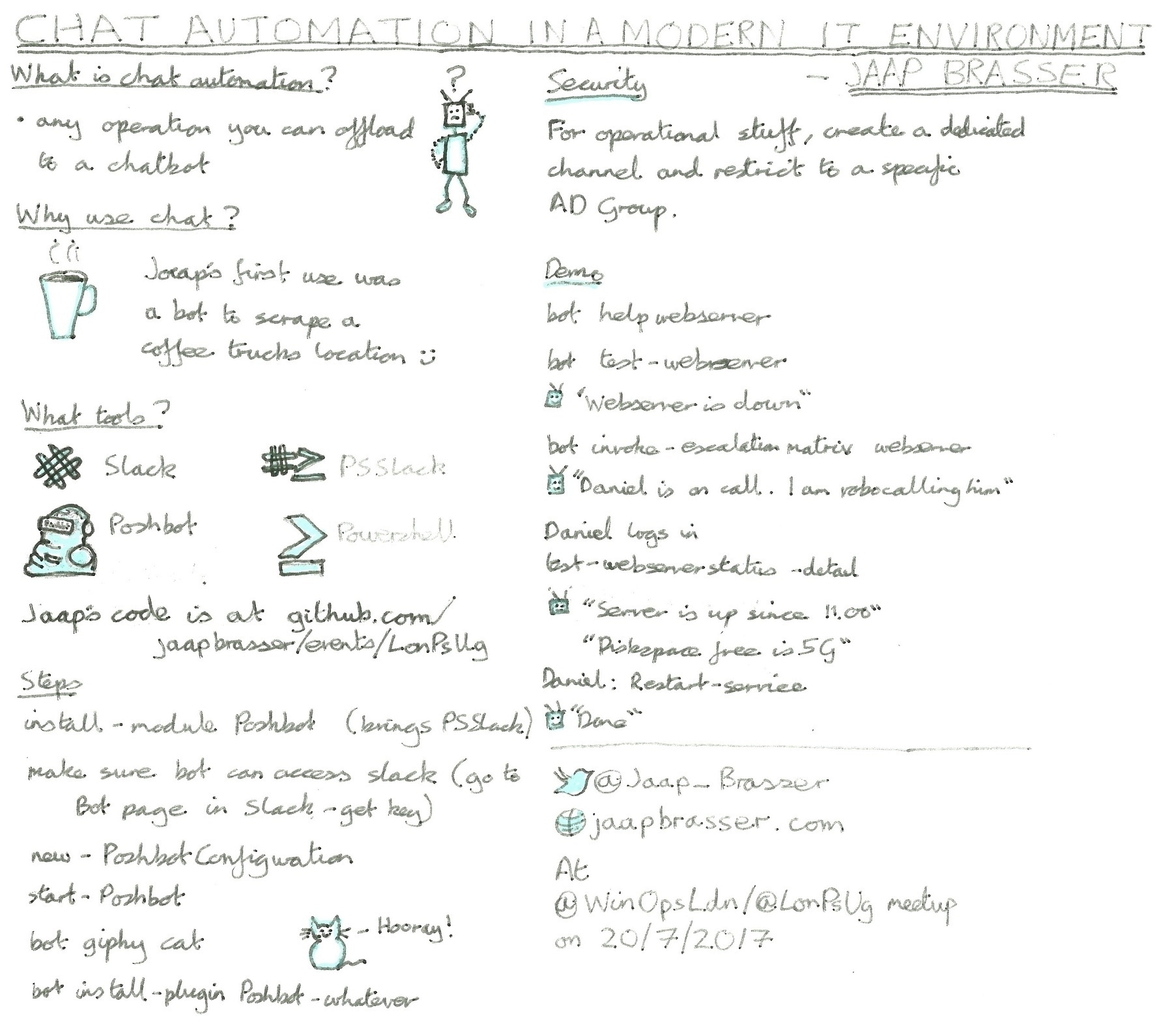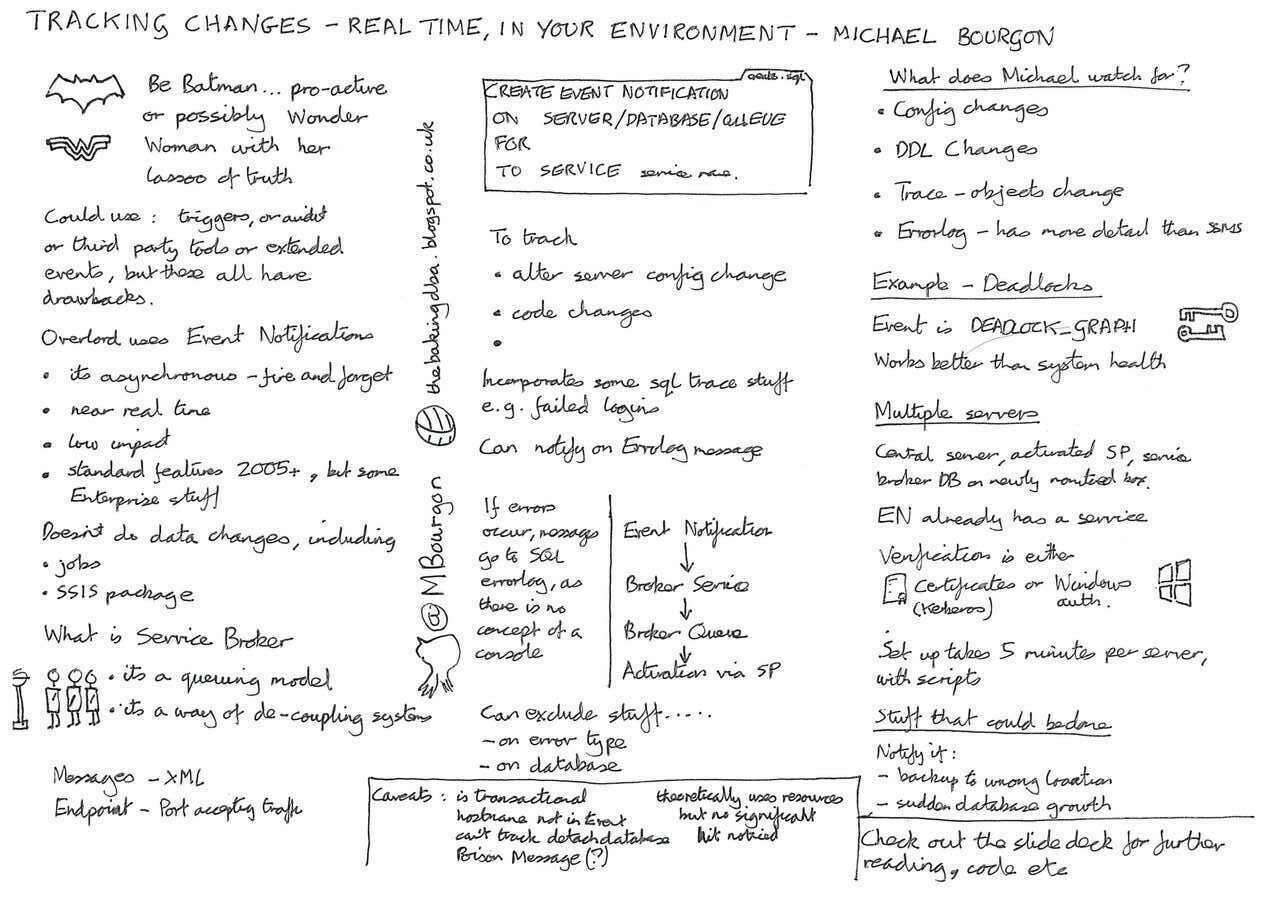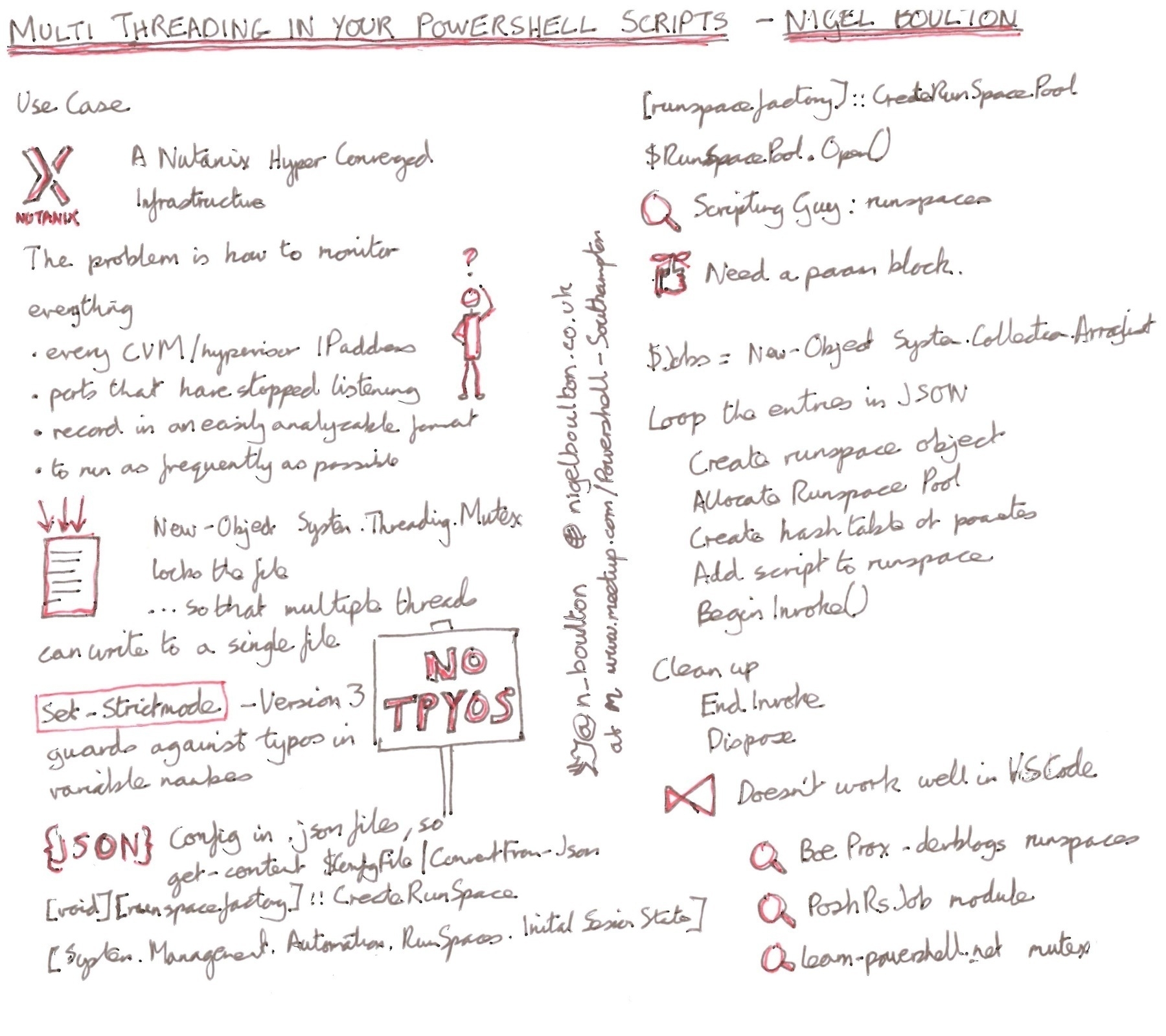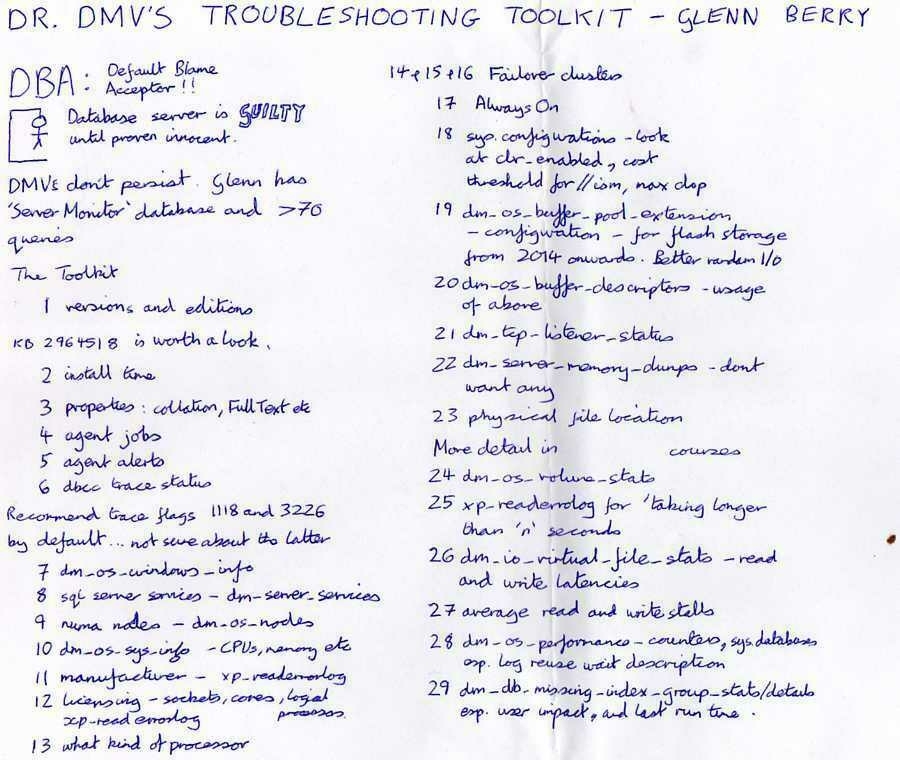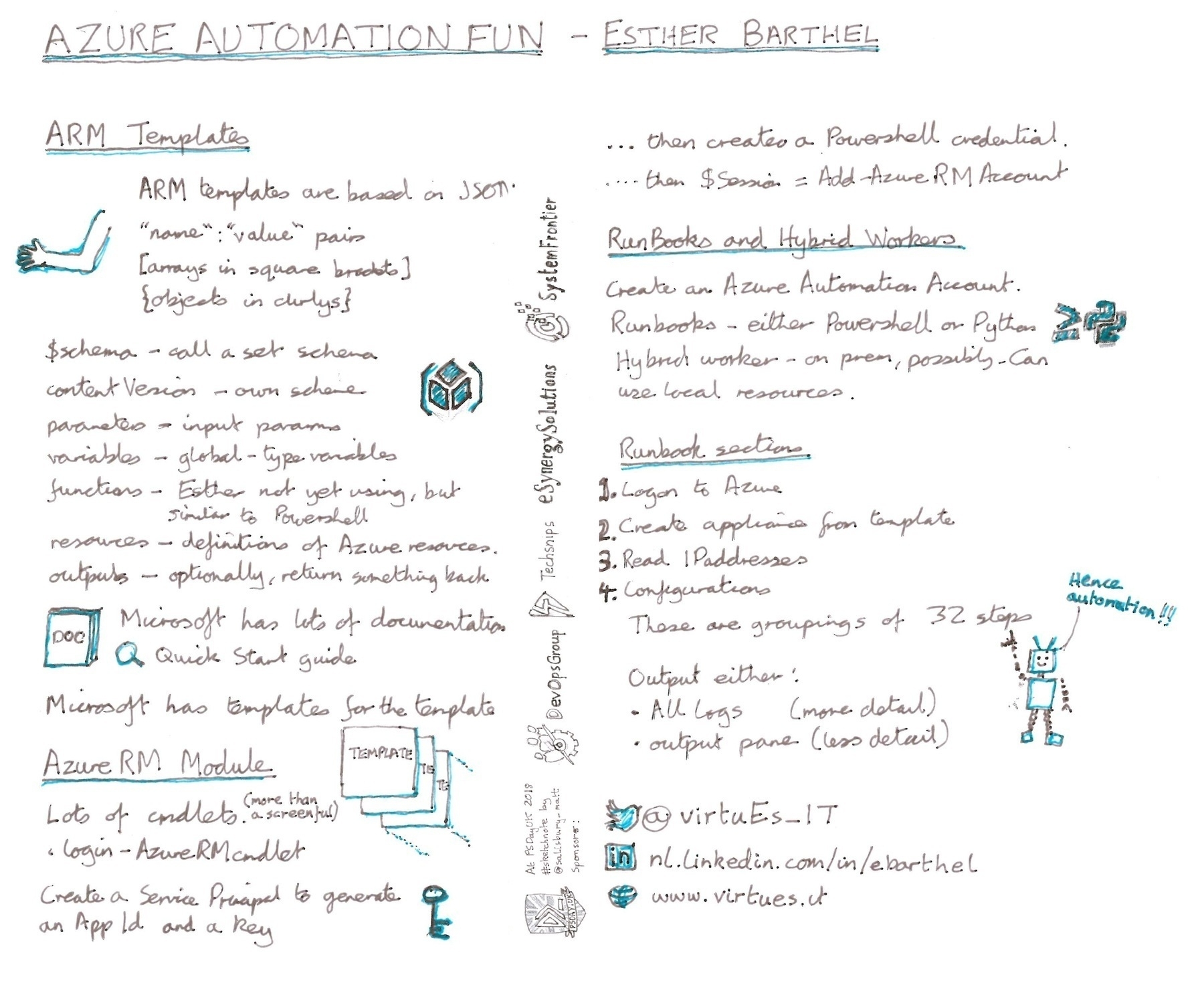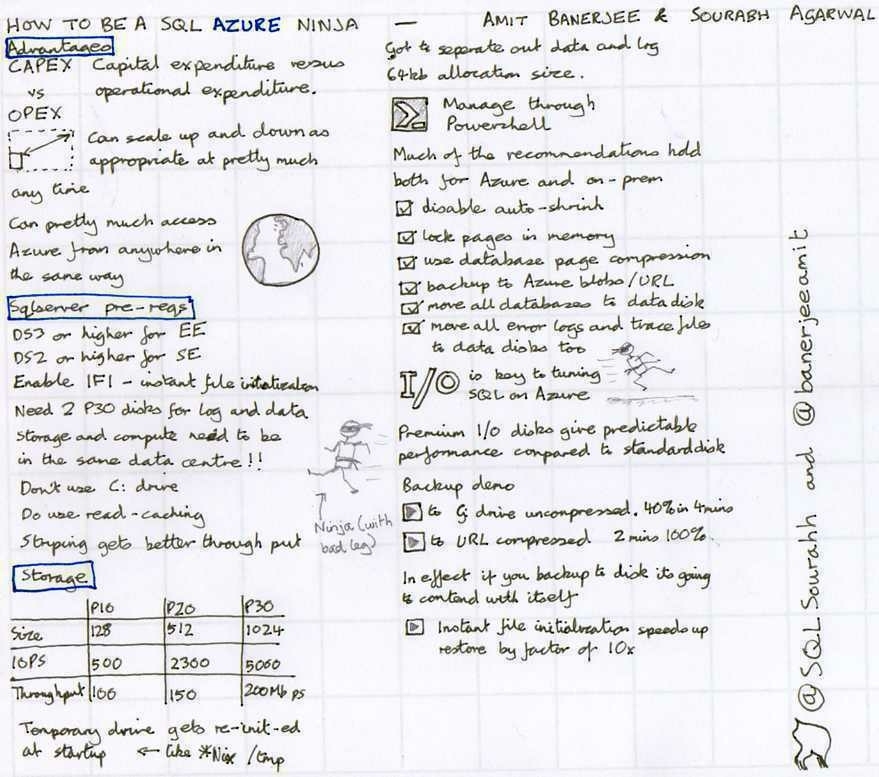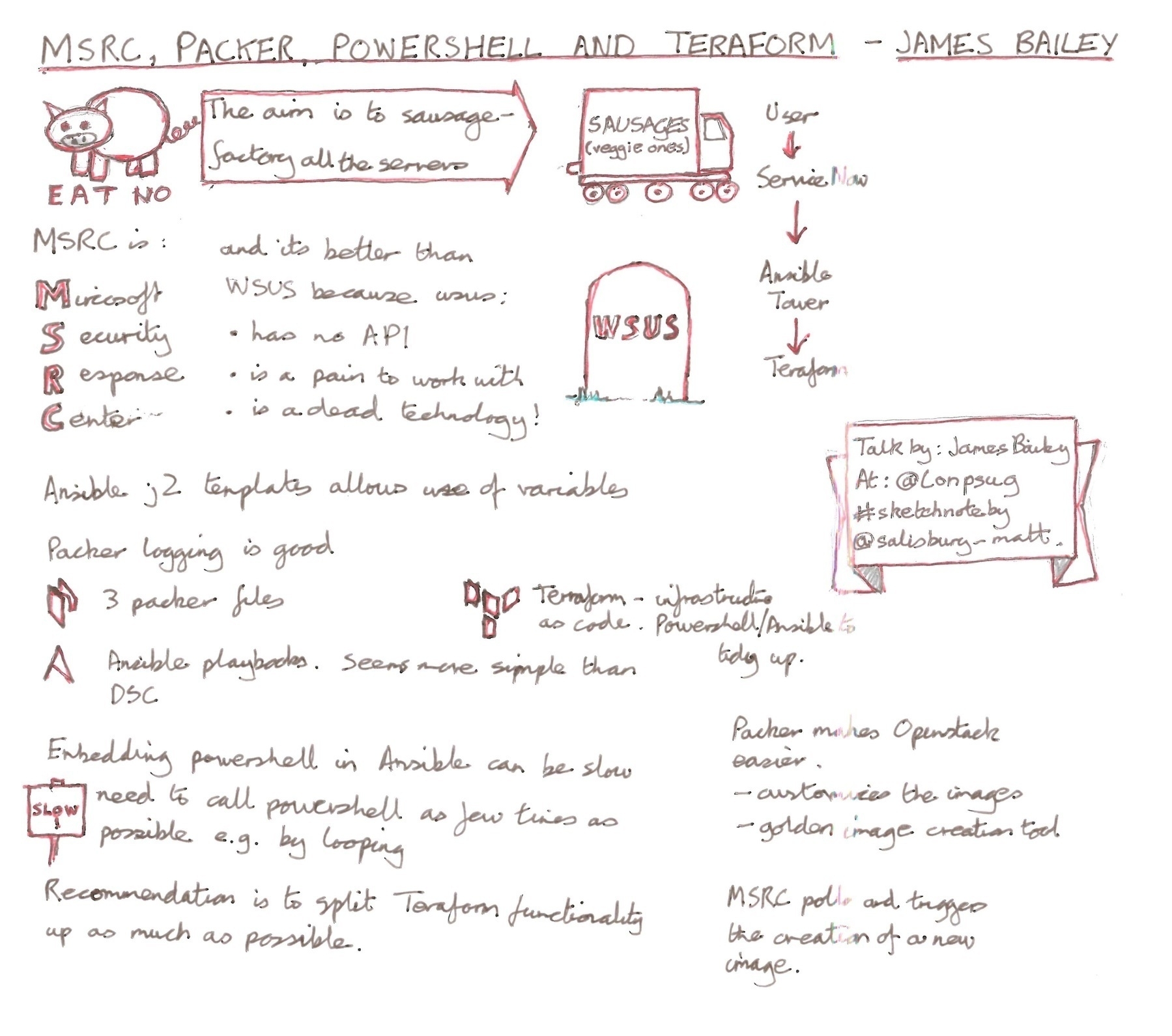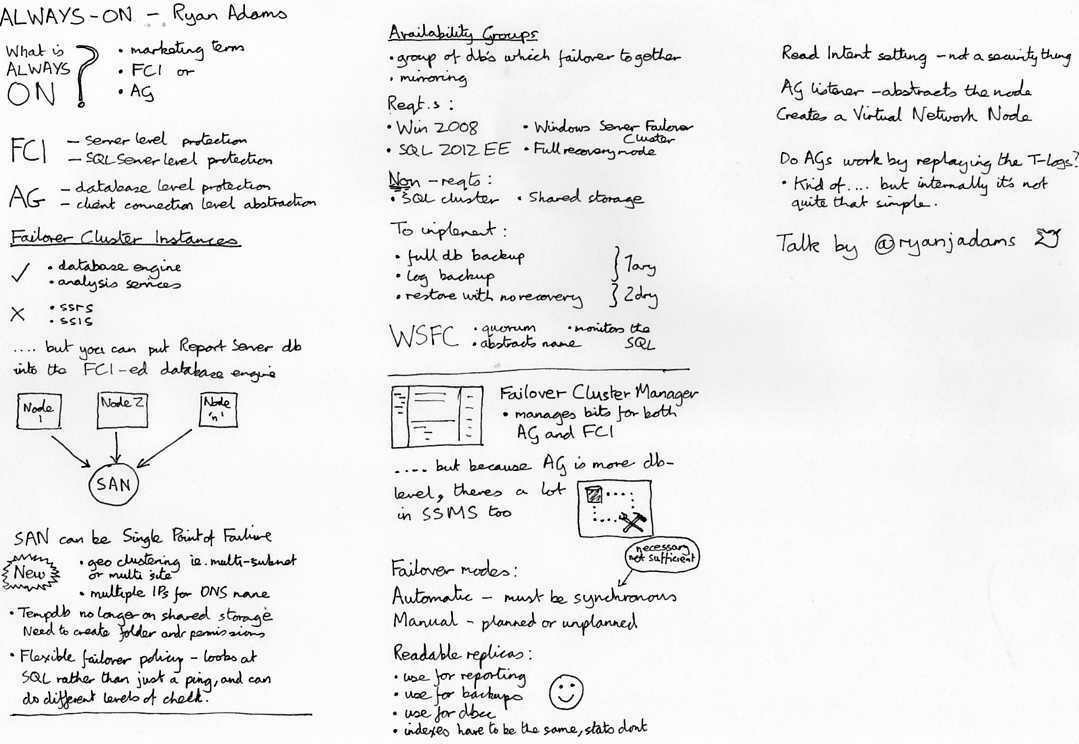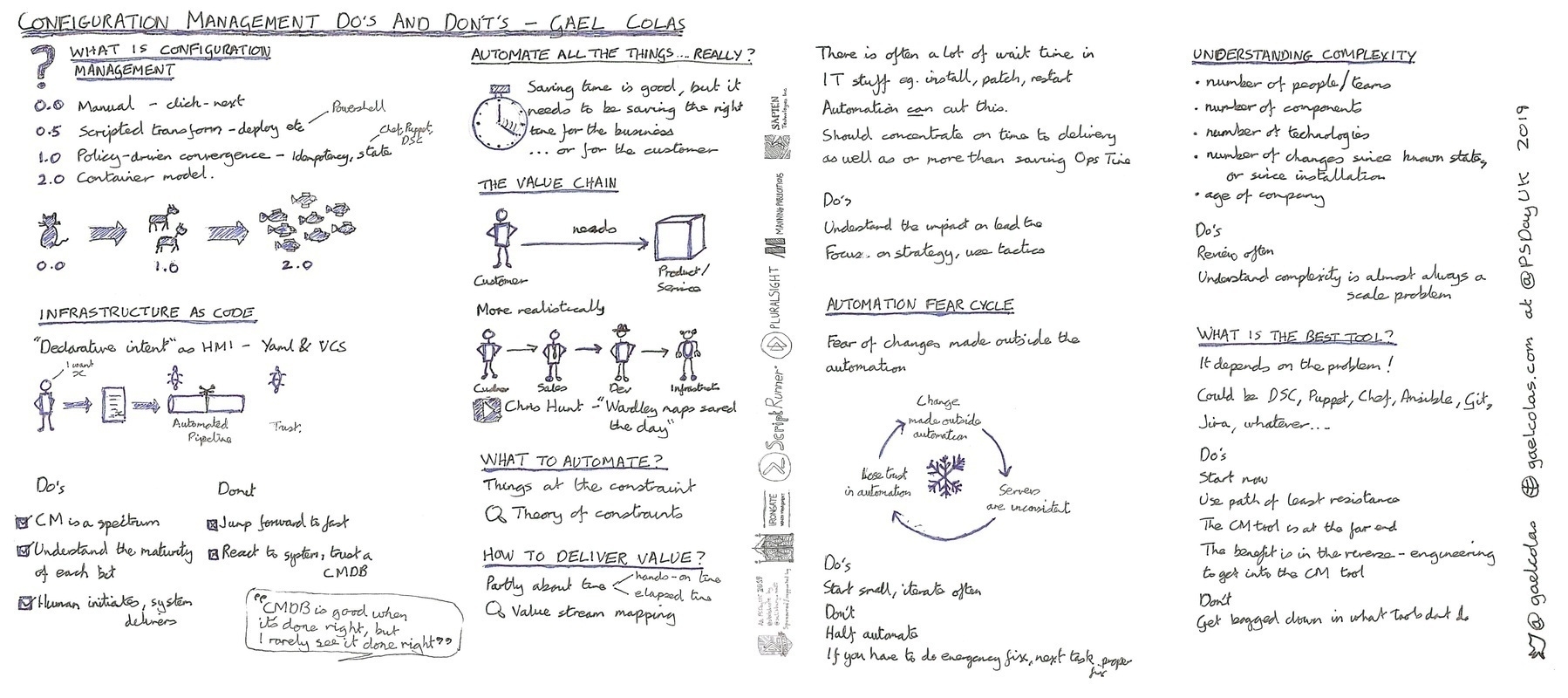Yet Another Getting Started With Hugo Post
Install hugo
PS C:\matt> choco install hugo -confirm
Output:
Chocolatey v0.10.15
[Pending] Removing incomplete install for 'hugo'
Installing the following packages:
hugo
By installing you accept licenses for the packages.
hugo v0.62.1 [Approved]
hugo package files install completed. Performing other installation steps.
Downloading hugo 64 bit
from 'https://github.com/gohugoio/hugo/releases/download/v0.62.1/hugo_0.62.1_Windows-64bit.zip'
Progress: 0% - Saving 84.56 KB of 12.64 MB
Progress: 1% - Saving 169.56 KB of 12.64 MB
Progress: 1% - Saving 254.56 KB of 12.64 MB
Progress: 2% - Saving 339.56 KB of 12.64 MB
<snip>
Progress: 95% - Saving 12.03 MB of 12.64 MB
Progress: 96% - Saving 12.17 MB of 12.64 MB
Progress: 97% - Saving 12.33 MB of 12.64 MB
Progress: 98% - Saving 12.47 MB of 12.64 MB
Progress: 99% - Saving 12.63 MB of 12.64 MB
Progress: 100% - Completed download of C:\Users\matty_bpxbglc\AppData\Local\Temp\chocolatey\hugo\0.62.1\hugo_0.62.1_Wi ndows-64bit.zip (12.64 MB).
Download of hugo_0.62.1_Windows-64bit.zip (12.64 MB) completed.
Hashes match.
Extracting C:\Users\matty_bpxbglc\AppData\Local\Temp\chocolatey\hugo\0.62.1\hugo_0.62.1_Windows-64bit.zip to C:\Progra mData\chocolatey\lib\hugo\tools...
C:\ProgramData\chocolatey\lib\hugo\tools
ShimGen has successfully created a shim for hugo.exe
The install of hugo was successful.
Software installed to 'C:\ProgramData\chocolatey\lib\hugo\tools'
Chocolatey installed 1/1 packages.
See the log for details (C:\ProgramData\chocolatey\logs\chocolatey.log).
End of output
Check hugo install
This didn’t work….
PS C:\matt> hugo --version
Output:
hugo : Error: unknown flag: --version
At line:1 char:1
+ hugo --version
+ ~~~~~~~~~~~~~~
+ CategoryInfo : NotSpecified: (Error: unknown flag: --version:String) [], RemoteException
+ FullyQualifiedErrorId : NativeCommandError
Usage:
hugo [flags]
hugo [command]
Available Commands:
config Print the site configuration
convert Convert your content to different formats
End of output
…because it’s just:
hugo version
Output: Hugo Static Site Generator v0.62.1-A1518704 windows/amd64 BuildDate: 2020-01-01T17:39:35Z End of output
Create a site
PS C:\matt> hugo new site mattypenny.net
Output:
Congratulations! Your new Hugo site is created in C:\matt\mattypenny.net.
Just a few more steps and you're ready to go:
1. Download a theme into the same-named folder.
Choose a theme from https://themes.gohugo.io/ or
create your own with the "hugo new theme <THEMENAME>" command.
2. Perhaps you want to add some content. You can add single files
with "hugo new <SECTIONNAME>\<FILENAME>.<FORMAT>".
3. Start the built-in live server via "hugo server".
Visit https://gohugo.io/ for quickstart guide and full documentation.
End of output
Tried to run git init
PS C:\matt\mattypenny.net> git init
Output:
git : The term 'git' is not recognized as the name of a cmdlet, function, script file, or operable program. Check
the spelling of the name, or if a path was included, verify that the path is correct and try again.
At line:1 char:1
+ git init
+ ~~~
+ CategoryInfo : ObjectNotFound: (git:String) [], CommandNotFoundException
+ FullyQualifiedErrorId : CommandNotFoundException
End of output
…and found it wasn’t installed.
I did find an executable:
PS C:\matt\mattypenny.net> C:\Users\matty\AppData\Local\Programs\Git\bin\git.exe init
Output:
Initialized empty Git repository in C:/matt/mattypenny.net/.git/
C:\Users\matty\AppData\Local\Programs\Git\bin\git.exe : warning: 'C:\ProgramData/Git/config' has a dubious owner:
'matty'.
At line:1 char:1
+ C:\Users\matty\AppData\Local\Programs\Git\bin\git.exe init
+ ~~~~~~~~~~~~~~~~~~~~~~~~~~~~~~~~~~~~~~~~~~~~~~~~~~~~~~~~~~
+ CategoryInfo : NotSpecified: (warning: 'C:\Pr...owner: 'matty'.:String) [], RemoteException
+ FullyQualifiedErrorId : NativeCommandError
For security reasons, it is therefore ignored.
To fix this, please transfer ownership to an admininstrator.
End of output
Re-installed git
PS C:\matt\mattypenny.net> choco install git
Output:
Chocolatey v0.10.15
Installing the following packages:
git
By installing you accept licenses for the packages.
Progress: Downloading git.install 2.24.1.2... 0%
Progress: Downloading git.install 2.24.1.2... 0%
Progress: Downloading git.install 2.24.1.2... 0%
Progress: Downloading git.install 2.24.1.2... 0%
Progress: Downloading git.install 2.24.1.2... 0%
Progress: Downloading git.install 2.24.1.2... 0%
Progress: Downloading git.install 2.24.1.2... 0%
Progress: Downloading git.install 2.24.1.2... 0%
Progress: Downloading git.install 2.24.1.2... 0%
Progress: Downloading git 2.24.1.2... 76%
Progress: Downloading git 2.24.1.2... 97%
Progress: Downloading git 2.24.1.2... 100%
git.install v2.24.1.2 [Approved]
git.install package files install completed. Performing other installation steps.
The package git.install wants to run 'chocolateyInstall.ps1'.
Note: If you don't run this script, the installation will fail.
Note: To confirm automatically next time, use '-y' or consider:
choco feature enable -n allowGlobalConfirmation
End of output ….and it hung after all the output above
I think that despite the stuff about chocolateyInstall.ps1, git was now installed.
I switched to got bash for the new bit
Setting up git
$ cd /c/matt/website
$ git submodule add -b master git@github.com:mattypenny/mattypenny.github.io.git public
Output:
Cloning into 'C:/matt/website/public'...
git@github.com: Permission denied (publickey).
fatal: Could not read from remote repository.
Please make sure you have the correct access rights
and the repository exists.
fatal: clone of 'git@github.com:mattypenny/mattypenny.github.io.git' into submodule path 'C:/matt/website/public' failed
matty@sandie MINGW64 /c/matt/website (master)
End of output
$ ssh-keygen -t rsa -b 4096 -C "me@gmail.com"
Output:
Generating public/private rsa key pair.
Enter file in which to save the key (/c/Users/matty/.ssh/id_rsa):
Enter passphrase (empty for no passphrase):
Enter same passphrase again:
Your identification has been saved in /c/Users/matty/.ssh/id_rsa.
Your public key has been saved in /c/Users/matty/.ssh/id_rsa.pub.
The key fingerprint is:
SHA256:blah-de-blah
The key's randomart image is:
+---[RSA 4096]----+
|:) snip |
+----[SHA256]-----+
End of output
$ ssh-add ~/.ssh/id_rsa
Output:
Could not open a connection to your authentication agent.
End of output
$ eval $(ssh-agent -s)
Output:
Agent pid 1798
End of output
$ ssh-add ~/.ssh/id_rsa
Output:
Enter passphrase for /c/Users/matty/.ssh/id_rsa:
Identity added: /c/Users/matty/.ssh/id_rsa (me@gmail.com)
End of output
$ clip < ~/.ssh/id_rsa.pub
$ ssh -T git@github.com
Output:
Hi mattypenny! You've successfully authenticated, but GitHub does not provide shell access.
End of output
Set up the github.io repo as the master for the hugo ‘public’ folder
$ git submodule add -b master git@github.com:mattypenny/mattypenny.github.io.git public
Output:
Cloning into 'C:/matt/website/public'...
Warning: Permanently added the RSA host key for IP address '140.82.118.3' to the list of known hosts.
warning: You appear to have cloned an empty repository.
fatal: 'origin/master' is not a commit and a branch 'master' cannot be created from it
Unable to checkout submodule 'public'
End of output
Push it to github
$ cd public
$ git add .
Output:
warning: LF will be replaced by CRLF in blog/hello-world-5/index.html.
The file will have its original line endings in your working directory
warning: LF will be replaced by CRLF in blog/index.xml.
The file will have its original line endings in your working directory
warning: LF will be replaced by CRLF in categories/index.xml.
The file will have its original line endings in your working directory
warning: LF will be replaced by CRLF in index.xml.
The file will have its original line endings in your working directory
warning: LF will be replaced by CRLF in sitemap.xml.
The file will have its original line endings in your working directory
warning: LF will be replaced by CRLF in tags/index.xml.
The file will have its original line endings in your working directory
End of output
$ git commit -m 'First build'
Output:
[master (root-commit) f38d607] First build
46 files changed, 2676 insertions(+)
create mode 100644 android-chrome-192x192.png
create mode 100644 android-chrome-512x512.png
create mode 100644 apple-touch-icon.png
create mode 100644 blog/hello-world-5/index.html
create mode 100644 blog/index.html
create mode 100644 blog/index.xml
create mode 100644 browserconfig.xml
create mode 100644 categories/index.html
create mode 100644 categories/index.xml
create mode 100644 css/fonts/miriamlibre-bold.woff
create mode 100644 css/fonts/miriamlibre-bold.woff2
create mode 100644 css/images/arrow_effect.svg
create mode 100644 css/images/icon-tick.svg
create mode 100644 css/images/stripe.svg
create mode 100644 css/prism.css
create mode 100644 css/styles.css
create mode 100644 favicon-16x16.png
create mode 100644 favicon-32x32.png
create mode 100644 favicon-96x96.png
create mode 100644 favicon.ico
create mode 100644 images/CreateGithubPages010.png
create mode 100644 images/CreateGithubPages020.png
create mode 100644 images/browser-chrome-android.svg
create mode 100644 images/browser-chrome.svg
create mode 100644 images/browser-edge.svg
create mode 100644 images/browser-firefox-android.svg
create mode 100644 images/browser-firefox.svg
create mode 100644 images/browser-ie.svg
create mode 100644 images/browser-opera.svg
create mode 100644 images/browser-safari-ios.svg
create mode 100644 images/browser-safari.svg
create mode 100644 images/icon-info.svg
create mode 100644 images/icon-tag.svg
create mode 100644 images/icon-warning.svg
create mode 100644 images/logo.svg
create mode 100644 index.html
create mode 100644 index.xml
create mode 100644 js/dom-scripts.js
create mode 100644 js/prism.js
create mode 100644 js/service-worker-registration.js
create mode 100644 mstile-150x150.png
create mode 100644 safari-pinned-tab.svg
create mode 100644 site.webmanifest
create mode 100644 sitemap.xml
create mode 100644 tags/index.html
create mode 100644 tags/index.xml
End of output
$ git push origin master
Output:
Enumerating objects: 57, done.
Counting objects: 100% (57/57), done.
Delta compression using up to 2 threads
Compressing objects: 100% (56/56), done.
Writing objects: 100% (57/57), 184.08 KiB | 1.96 MiB/s, done.
Total 57 (delta 10), reused 0 (delta 0)
remote: Resolving deltas: 100% (10/10), done.
To github.com:mattypenny/mattypenny.github.io.git
* [new branch] master -> master
End of output
Pushing the source to github
Tried this:
git push origin master
…but it failed
Output:
git push origin master
fatal: 'origin' does not appear to be a git repository
fatal: Could not read from remote repository.
Please make sure you have the correct access rights
and the repository exists.
End of output
Went back to the github instructions
???? image
then did this:
cd /c/matt/website (master)
git remote add origin https://github.com/mattypenny/website.git
Then the push worked
$ git push origin master
Output:
Enumerating objects: 346, done.
Counting objects: 100% (346/346), done.
Delta compression using up to 2 threads
Compressing objects: 100% (336/336), done.
Writing objects: 100% (346/346), 8.75 MiB | 1.71 MiB/s, done.
Total 346 (delta 29), reused 0 (delta 0)
remote: Resolving deltas: 100% (29/29), done.
To https://github.com/mattypenny/website.git
* [new branch] master -> master
End of output
What I learned about powershell in 2019
For ease of finding, I’m separated out powershell learnings from general trivia
Dec 20, 2019
#TodayILearned that -ExcludeProperty only works if used in conjunction with -property e.g.
get-AdUser mattypenny -properties * | select-object -Property * -ExcludeProperty userCertificate
#Powershell
Dec 3, 2019
#TodayILearned that to show all the commits (including messages) for a particular file you do
git log --follow -- <filename>
Dec 2, 2019
#TodayILearned that this inserts today’s date in vim
:put=strftime('%d %B %Y')
Nov 13, 2019
#TodayILearned that if you are daft enough to have a begin ‘bit’ without process and end ‘bits’ in a Powershell function, then it returns:
"Missing closing '}' in statement block or type definition."
It’s perhaps not the most useful error message for this particular case…
Oct 22, 2019
#TodayILearned this bit of Powershell strips out the ‘Registered Trade Mark’ (little R in a circle) symbol from a string.
In this case the string was the caption for the Windows OS in Server 2008).
[string]$RegisterMark = [char]174
$Caption = $Caption.replace($RegisterMark,'')
Oct 22, 2019
#TodayILearned how to handle quotes when generating Powershell
foreach ($Name in "spider stacy","cait o'riordan") {
$Name = $Name -replace "'","''"
$String = @"
get-ADUser -filter {Name -eq '$Name'}
"@
Invoke-Expression -Command $String | select name
}
Oct 17, 2019
#TodayILearned that @adbertram has a marvellous function for doing dynamic ValidateSets
Mastering PowerShell Parameter Validation with Dynamic Methods
Oct 15, 2019
#TodayILearned that ‘globalisation’ is spelt differently in different countries
(via @DoctorDns in the first #Powershell Conference book….which is fab)
https://lexico.com/en/definition/globalization
Oct 14, 2019
#TodayILearned to do Ctrl-Alt-Del on a Remote Desktop
- Start, then ‘osk’ for on-screen keyboard
- hold Ctrl-Alt on the ‘off-screen keyboard’
- click on Del on the on-screen one
How to CTRL + ALT + DEL in Remote Desktop on Windows - Guiding Tech
Oct 9, 2019
#TodayILearned that you can use a Powershell class to implement a dynamic ValidateSet for a parameter
My excitement at discovering this will possibly not be shared by everyone on Twitter
about Functions Advanced Parameters - PowerShell | Microsoft Learn
Jun 20, 2019
#TodayILearned these are equivalent, I think
Invoke-Pester -script .\diagnostics\simple\Server1.tests.ps1 -PassThru | select -ExpandProperty TestResult | select Result, Name
and
Invoke-OperationValidation -testFilePath .\diagnostics\simple\Server1.tests.ps1 -IncludePesterOutput
Jun 19, 2019
#TodayILearned that there is an @ansible module to apply windows updates (following on from @jonathanmedd’s talk at @PSSouthampton last night)
https://docs.ansible.com/ansible/latest/modules/win_updates_module.html#win-updates-module
Jun 5, 2019
#TodayILearned that you can pass all the parameters from one Powershell function to another in the built-in $PSBoundParameters variable
Feb 27, 2019
Replying to
I never knew you could do this either:
invoke-pester -script testscript.tests.ps1 *> c:\temp\TestResults.txt
The star re-directs all streams
Feb 27, 2019
#TodayILearned that if you want to re-direct the screen output from @PSPester to a file, then you use a ‘6’
invoke-pester -script testscript.tests.ps1 6> c:\temp\TestResults.txt
Feb 26, 2019
#TodayILearned that VS @Code has really nice diff functionality.
Ctrl-Shift-P then File: Compare Active File With…
Jan 1, 2019
#TodayILearned that git status -s gives a more usefully formatted view of changes in a repository
Dec 11, 2018
#TodayILearnedthat in Powershell to replace ‘carriage return’ (I think…it renders as \r in my setup), you have to put the `r in double quotes not single quotes
$BodyText = $BodyText.replace("`r"," “)
Nov 8, 2018
#TodayILearned that you can use [ValidateSet] with powershell variables other than parameters
(I’m hoping this will, in this case, guard against typo’s later in the code)
Nov 8, 2018
#TodayILearned you can set a VS @code setting as follows:
“files.defaultlanguage”: “powershell”
….to have new files default to Powershell
(via @vhusker )
jacobbenson.azurewebsites.net/index.php…
Oct 15, 2018
#TodayILearned that the little outline thing in VS @code is called a ‘minimap’ and to turn it off you do:
Ctrl-Shift-P,
View:Toggle Minimap
Oct 12, 2018
#TodayILearned that you can use -lt and -gt with letters.
i.e. to get names in the first half of the alphabet
$x | where name -lt ‘N’
(via @Idera_software ) From blog.idera.com
Sep 25, 2018
#TodayILearned that you can slide between the tabs in VS @code with this skinny semi-hidden slider
Jul 31, 2018
Trying to test if a bit of text contains a backtick in #Powershell, I couldn’t get -like “``” to work, but this seems to:
if ($Line.Contains('`'))
The bit in brackets is single quote, back-tick, single quote
Jun 22, 2018
#TodayILearned that typing ‘code’ in bash opens VS Code
May 29, 2018
#TodayILearned that in #Powershell on linux, although you can cd to a folder where the slashes go in the ‘wrong’ direction, you have to get the slashes ‘right’ for [http://System.IO.Path] to work
May 22, 2018
#TodayILearned (or more accurately, I think re-learned!) that the Powershell $Env:PSModulePath separators on Linux are colons not semi-colons
May 8, 2018
#TodayILearned Quote Cody Konior @codykonior
May 8, 2018
Super handy #powershell tip. When you pipe an object to Format-List it will cut arrays off and show then like Name : {A, B, C…}. You can actually stop that with $FormatEnumerationLimit = -1.
Apr 26, 2018
#TodayILearned that if you’re running #Powershell on @ubuntu you need to get the case ‘right’ in your $Env:PSModulePath
I guess because it’s a $Env variable the case sensitivity is determined by the Environment not the shell?
Apr 24, 2018
#TodayILearned that
Invoke-item .
….will bring up the file manager gui on @ubuntu powershell, as it would on windows
Apr 18, 2018
#TodayILearned that you have to do:
Install-WindowsFeature RSAT-AD-PowerShell
to get the ActiveDirectory module in Server2016
(via ntweekly.com/2016/07/0…)
Apr 9, 2018
#TodayILearned that managed service accounts don’t show up in Get-ADUser - you have to use Get-AdServiceAccount
#PowerShell
Mar 29, 2018
#TodayILearned that you have to stick a $ on the end of the Managed Service Account name for the @SQLServer installer to recognize it
It need a dollar, dollar a dollar is what it need
Mar 21, 2018
#TodayILearned that on older SQL installations which don’t have sqlps, you have to do:
add-pssnapin SQLServerCmdletSnapin100
and optionally
add-pssnapin SQLServerProviderSnapin100
#Powershell
Mar 1, 2018
#TodayILearned that
Where-Object : Cannot bind parameter ‘FilterScript’. Cannot convert the “Name” value of type “System.String” to type “System.Management.Automation.ScriptBlock”.
..typically means I’m running on an olde worlde version of Powershell
Feb 20, 2018
#TodayILearned the magic of ‘gk’ and ‘gj’, which go up and down within a wrapped line in vim
Feb 1, 2018
#TodayILearned that you can use a bar (or ‘pipe symbol’) to enter more than one ‘ex’ command in Vim i.e.
:%s/[‘’]/'/g | %s/SQLData/sql_data/g
Pester script parameter passing not working
Problem
I was trying to parameterize a Pester script. The script looked like this:
param (
[string]$ComputerName,
[string]$IPAddress
)
write-dbg "$ComputerName: "
write-dbg "$IPAddress: "
Describe "$ComputerName is visible" {
"It is ping-able" {
{test-connection $ComputerName -count 1} | Should Not Throw
$(test-connection $ComputerName -count 1 | Measure-Object).count | Should Be 1
}
}
…but passing the parameters wasn’t working.
Solution
The problem was that I was calling the script as follows
$ Invoke-Pester @{PAth = c:\pester\diagnostics\simple\StandardDomainContoller.tests.ps1; Parameters=@{ComputerName = "server1.here.co.uk";IPAddress = "17.6.5.1""}}
…and the Path variable needs quotes:
$ Invoke-Pester @{PAth = 'c:\pester\diagnostics\simple\StandardDomainContoller.tests.ps1'; Parameters=@{ComputerName = "server1.here.co.uk";IPAddress = "17.6.5.1""}}
Pester script parameter passing not working
Problem
I was trying to parameterize a Pester script. The script looked like this:
param (
[string]$ComputerName,
[string]$IPAddress
)
write-dbg "$ComputerName: "
write-dbg "$IPAddress: "
Describe "$ComputerName is visible" {
"It is ping-able" {
{test-connection $ComputerName -count 1} | Should Not Throw
$(test-connection $ComputerName -count 1 | Measure-Object).count | Should Be 1
}
}
…but passing the parameters wasn’t working.
Solution
The problem was that I was calling the script as follows
$ Invoke-Pester @{PAth = c:\pester\diagnostics\simple\StandardDomainContoller.tests.ps1; Parameters=@{ComputerName = "server1.here.co.uk";IPAddress = "17.6.5.1""}}
…and the Path variable needs quotes:
$ Invoke-Pester @{PAth = 'c:\pester\diagnostics\simple\StandardDomainContoller.tests.ps1'; Parameters=@{ComputerName = "server1.here.co.uk";IPAddress = "17.6.5.1""}}
What I learned about powershell in 2017, according to my twitter archive
Nov 24, 2017
#TodayILearned that:
$Content = get-content somefile.txt | out-string
…preserves the line breaks in the text file
via social.technet.microsoft.com/Forums/sc…
Nov 21, 2017
set backupdir=C:\temp\vim set directory=C:\temp\vim
via @hellojs_org at blog.hellojs.org/configure…
Nov 8, 2017
#TodayILearned that the batch command equivalent of the bash sleep is Timeout
May 24, 2017
#TodayILearned that you can replace a pattern in Powershell: “images\Leopold_I_of_Belgium 226x300” -replace “[0-9][0-9]x[0-9][0-9]”,""
Mar 31, 2017
#TodayILearned that if you put a ValidateSet on a #Powershell cmdlet parameter, then ISE Tab-completion will pick it up. Very handy!
Mar 21, 2017
#TodayILearned you can omit the Get- from Powershell commands…‘tho just because you can…doesnt mean you should!
community.idera.com/powershel…
Jan 20, 2017
#TodayILearned that you can set a CSV in a here-string and turn it into an object.
Handy for small test datasets in @PSPester
Jan 3, 2017
#TodayILearned that ‘show-command’ in Powershell creates a nice little GUI window for a function or cmdlet community.idera.com/powershel…
Get day of week number in cmd (dos)
This is a slight tweak to code at: http://www.techsupportforum.com/forums/f128/solved-windows-7-batch-getting-day-of-week-moved-from-vista-7-a-565632.html
FOR /F "skip=1" %%A IN ('WMIC Path Win32_LocalTime Get DayOfWeek' ) DO (
if %%A GEQ 1 set DOW=%%A
)
echo %DOW%
Get day of week number in cmd (dos)
This is a slight tweak to code at: http://www.techsupportforum.com/forums/f128/solved-windows-7-batch-getting-day-of-week-moved-from-vista-7-a-565632.html
FOR /F "skip=1" %%A IN ('WMIC Path Win32_LocalTime Get DayOfWeek' ) DO (
if %%A GEQ 1 set DOW=%%A
)
echo %DOW%
What I learned about powershell in 2016, according to my twitter archive
Sep 27, 2016
#TodayILearned you have to:
export-modulemember -alias * -function *
to define aliases in a Powershell module
maxtblog.com/2010/07/powershell-modules-how-to-create-aliases-for-my-functions/
Sep 23, 2016
#TodayILearned that in vim to scroll down but keep the cursor in the same place, you can do Ctrl-e
Sep 15, 2016
#TodayILearned that Powershell’s get-unique cmdlet is case sensitive.
Aug 22, 2016
#TodayILearned that Powershell’s get-help -parameter option takes a parameter of the parameter. Obvious, really :)
Aug 11, 2016
#TodayILearned this vim
:vimgrep /^functio/ %
:copen
then move to the left
Aug 10, 2016
#TodayILearned that PowerShell’s get-help has a really, really useful -window option (via @maxtrinidad , shortly b4 losing my internet :( )
Jul 5, 2016
#TodayILearned that if you’re Pester-testing a bit of a #Powershell module, and you want to Mock something you need -Module option
I think.
Jun 15, 2016
#TodayILearned this is v handy if you RunAs different users $Host.UI.RawUI.WindowTitle = $env:username
Mar 7, 2016
#TodayILearned that Powershell ISE snippets live in
C:\Users\matt\Documents\WindowsPowerShell\Snippets
..if your name happens to be matt
